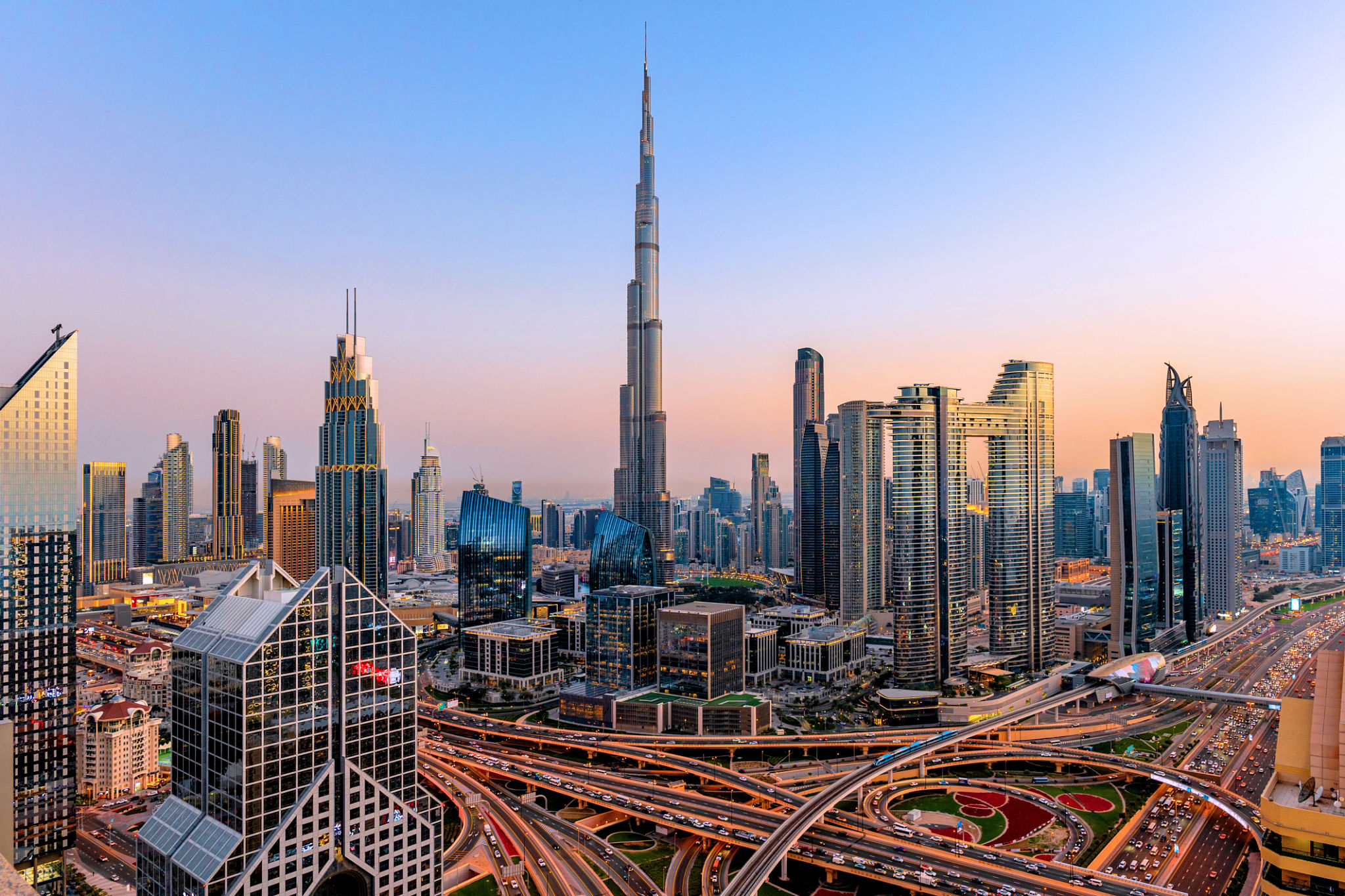Understanding the Impact of Dubai's Real Estate Regulations on Buyers
Introduction to Dubai's Real Estate Regulations
Dubai's real estate market is often seen as a beacon of growth and opportunity. With its stunning skyline and world-class infrastructure, it's no wonder that investors and buyers from around the globe are keen to get a piece of the pie. However, navigating the real estate landscape in Dubai requires a deep understanding of the regulations that govern it. These rules, established by the local government, play a crucial role in shaping the market dynamics and have a significant impact on buyers.
In recent years, Dubai has introduced several regulations aimed at stabilizing the market, protecting investors, and ensuring sustainable growth. For potential buyers, understanding these regulations is essential to make informed investment decisions. Let's delve into these regulations and their impact on property buyers.

The Role of Dubai Land Department
The Dubai Land Department (DLD) is the primary authority responsible for managing all real estate activities in the emirate. It ensures that all transactions are carried out transparently and legally. The DLD has implemented various measures to protect buyers and maintain market integrity.
One of the key initiatives by the DLD is the introduction of escrow accounts. These accounts ensure that developers use funds from buyers only for the intended project, reducing the risk of project delays or cancellations. This regulation provides an added layer of security for buyers, giving them confidence in their investments.

Understanding the Mortgage Cap
Another significant regulation affecting buyers is the mortgage cap introduced by the Central Bank of the UAE. This cap limits the loan-to-value (LTV) ratio that banks can offer to property buyers. For instance, expatriates can obtain up to 75% financing for their first property purchase, while UAE nationals can secure up to 80%.
This regulation aims to prevent excessive borrowing and ensure that buyers have sufficient equity in their properties. While it may require buyers to have a larger initial deposit, it contributes to market stability by reducing the risk of defaults.
The Impact of Residency Visas on Property Investment
One of the significant attractions for foreign buyers is the prospect of obtaining a residency visa through property investment. Dubai offers long-term residency visas to property investors meeting specific criteria, such as purchasing a property worth at least AED 1 million.
This regulation not only boosts investor confidence but also enhances the appeal of Dubai as a desirable place to live and work. It provides an added incentive for buyers looking to relocate or establish a presence in the region.

The Importance of RERA
The Real Estate Regulatory Agency (RERA), a division of the DLD, plays a pivotal role in maintaining transparency and accountability in Dubai’s real estate market. RERA is responsible for regulating all real estate activities and ensuring that developers adhere to legal standards.
RERA mandates that all property developers obtain approvals before launching projects and requires them to provide regular progress updates. This regulation protects buyers by ensuring that they are informed about their investments' status and that projects are completed as promised.
Conclusion: Navigating Dubai's Real Estate Landscape
Understanding Dubai's real estate regulations is crucial for any buyer looking to invest in this dynamic market. These regulations are designed to protect investors, ensure transparency, and promote sustainable growth. By familiarizing themselves with these rules, buyers can make informed decisions and minimize risks.
As Dubai continues to evolve as a global real estate hub, staying informed about regulatory changes will be key for any prospective buyer. By doing so, investors can capitalize on opportunities while safeguarding their interests in this vibrant market.
